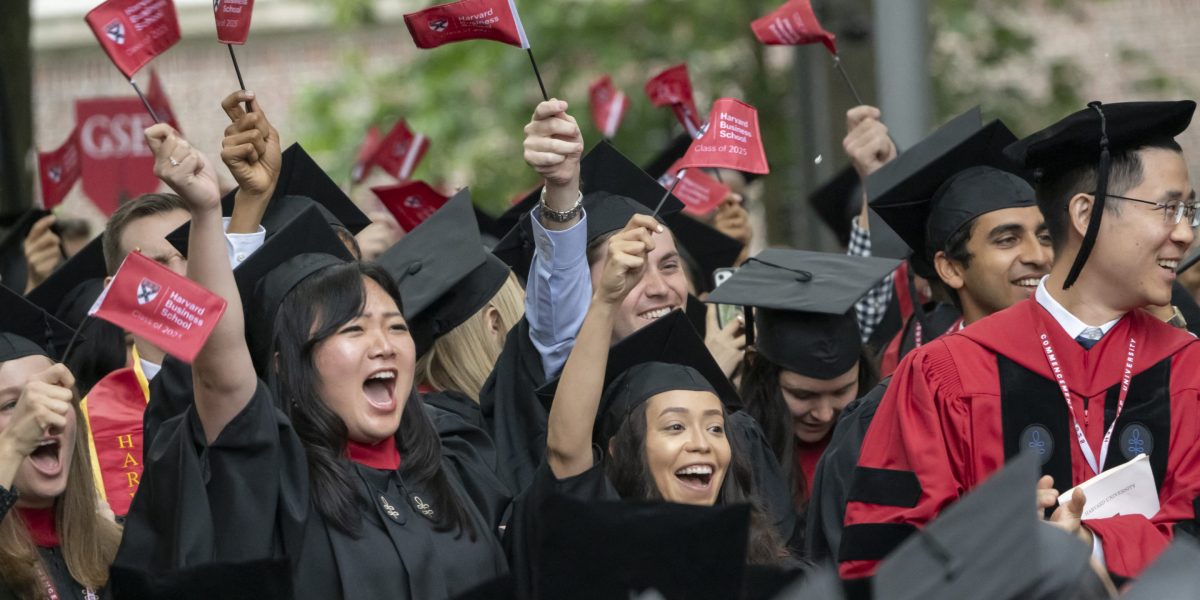
"The vice-chancellor stood at the podium in Oxford's Sheldonian Theatre, her voice echoing against the carved ceiling: Now go out there and change the world. Robes rustled. Cameras clicked. Rows of classmates smiled, clutching degrees that would soon deliver them to McKinsey, Goldman Sachs, and Clifford Chance: the holy trinity of elite exit plans. Simon van Teutem clapped, too, but for him, the irony was unbearable."
"Salaries have similarly soared: data from the senior exit survey for the Class of 2024 shows 40% of employed graduates accepted first-year salaries exceeding US $110,000, and among those entering consulting or investment banking nearly three-quarters crossed that threshold. Months after that ceremony, van Teutem received two of those kinds of offers: a job at McKinsey or Morgan Stanley. Instead, at 22, he turned both down and spent three years working with Dutch news outlet De Correspondent writing a book about the subtle gravitational pull"
Elite career paths have consolidated over the past half-century, with finance, consulting and Big Tech attracting a growing share of graduates. Harvard data show increases from 5% into finance or consulting in the 1970s to roughly 50% most recently, while many first-year salaries exceed US$110,000, especially in consulting and investment banking. Graduates face strong prestige and monetary incentives that create self-reinforcing hiring cycles. Simon van Teutem rejected offers from McKinsey and Morgan Stanley and researched how firms capture insecure overachievers, describing a prestige treadmill that funnels creative talent into high-status but often trivial work and then closes alternative career doors.
Read at Fortune
Unable to calculate read time
Collection
[
|
...
]